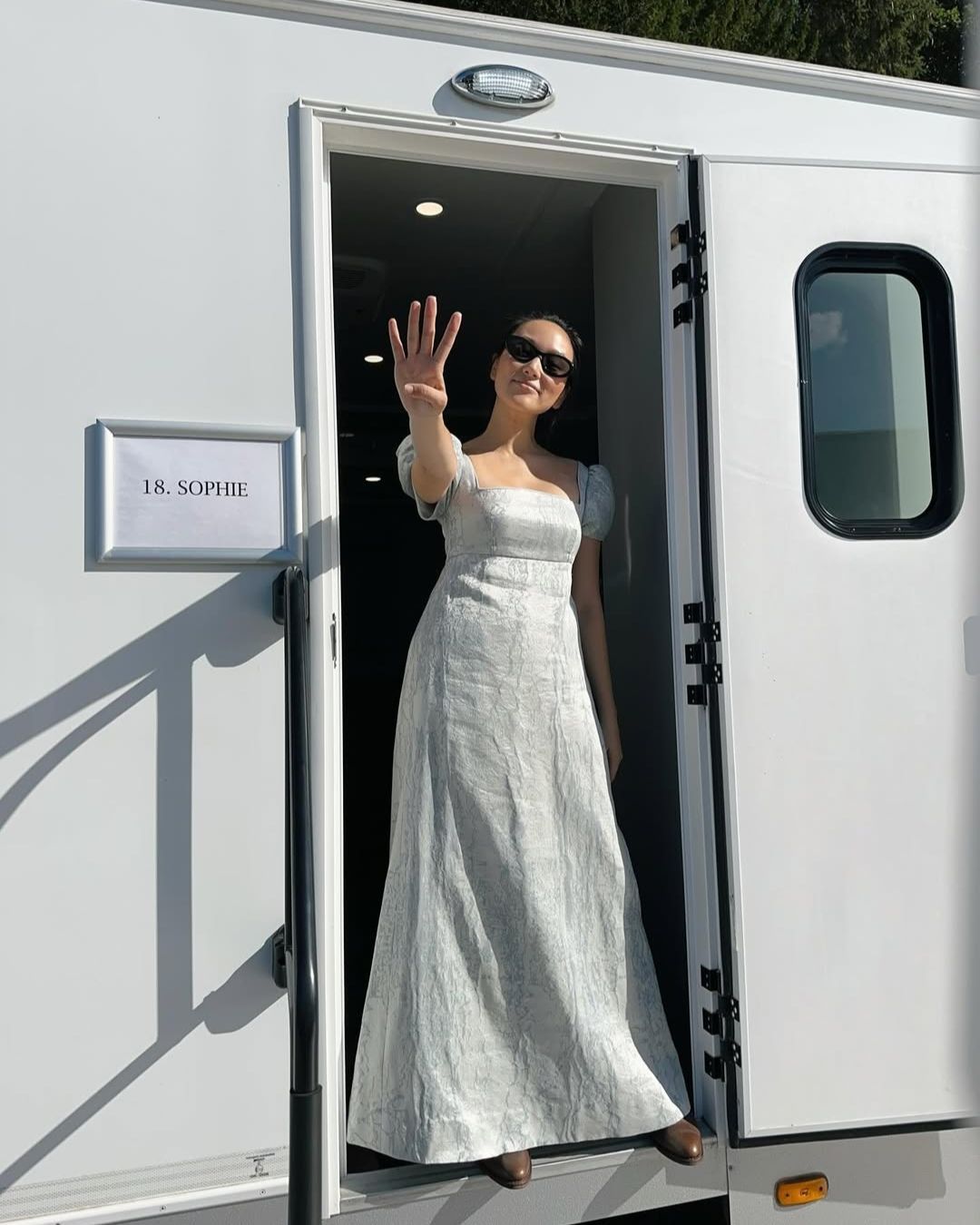
JLo becomes Jennifer Affleck and sparks controversy The star's choice to sign herself with her husband's last name has started a debate on feminism
While JLo is spending her honeymoon in Paris, controversy breaks out in the United States. The reason? The star's choice to take her new husband's last name. No official document or statement, all she had to do was sign "Love, Mrs. Jennifer Lynn Affleck" her July 17 newsletter On the JLo, in which she recounted the details of her secret wedding at the Little White Wedding Chapel in Las Vegas, to be accused of anti-feminism. Her decision seemed, not only antithetical to a self-made woman, an artist who has always emphasized female empowerment with hits such as Ain't Your Mama, but equivalent to disavowing the struggles made by American women in the 1970s to maintain their last name and identity. The harshest criticism came from Jennifer Weiner who likened Jennifer's act to the dystopian future of Handmaid's Tale and its Gilead where women destined to reproduce were forced to take the name of the Commander to whom they were enslaved. The journalist wrote in the New York Times, "A woman taking her husband's last name seems to me a submission, a gesture that says not "we belong" as much as "I belong to him."" Stressing that signing Affleck's name is "particularly disheartening," "a gesture inextricably rooted in patriarchy." Especially at such a difficult time for feminism and civil liberties in America, between the recent Supreme Court decision to overturn Roe vs. Wade, the #MeToo ruling, and possible attacks on contraception and same-sex marriage. A view also shared by Rachael Robnett that "JLo's choice reflects the greater status and power of men in relationships and society." The University of Nevada psychologist reiterates that "people consider taking their husband's last name a nice tradition. But power is at stake. And power matters."
Actually, in the United States taking the husband's last name is a common practice, carried out by 80 percent of women, which, however, has its roots in the system of patriarchy and medieval laws. In fact, in some states in the States until the 1970s, married women had to use their husband's surname to vote, get a passport, or get a credit card. It was that male surname that gave them identity. Until marriage, they did not exist. At least many of their rights did not exist. Viewed in this light JAff sounds rather retrograde, but what if, instead, it is, as Vanessa Friedman and Sandra Garcia also argue, a strong statement of independence? Historically, taking the husband's last name meant becoming a man's property, while keeping one's own name was a sign of independence and autonomy. Now, however, it is a definite choice and one's own decision. It is as if JLo is telling the world "so famous that I can afford to decide to change my name without changing my identity or losing notoriety." Perhaps Jennifer, who has made her name a real brand on which she has built a billion-dollar empire on her own, signed herself Affleck just to celebrate a happy moment, a great love crowned after years. And if so, is one signature enough to erase what she has achieved so far?

























































